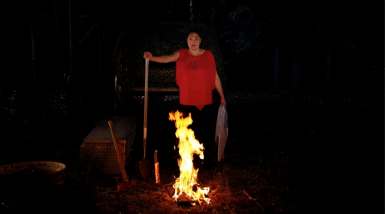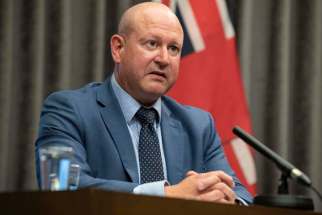Moving the needle with trusted voices Hopes fall on family and friends to help anti-vaxxers see the truth
Read this article for free:
or
Already have an account? Log in here »
To continue reading, please subscribe:
Monthly Digital Subscription
$0 for the first 4 weeks*
- Enjoy unlimited reading on winnipegfreepress.com
- Read the E-Edition, our digital replica newspaper
- Access News Break, our award-winning app
- Play interactive puzzles
*No charge for 4 weeks then price increases to the regular rate of $19.00 plus GST every four weeks. Offer available to new and qualified returning subscribers only. Cancel any time.
Monthly Digital Subscription
$4.75/week*
- Enjoy unlimited reading on winnipegfreepress.com
- Read the E-Edition, our digital replica newspaper
- Access News Break, our award-winning app
- Play interactive puzzles
*Billed as $19 plus GST every four weeks. Cancel any time.
To continue reading, please subscribe:
Add Free Press access to your Brandon Sun subscription for only an additional
$1 for the first 4 weeks*
*Your next subscription payment will increase by $1.00 and you will be charged $16.99 plus GST for four weeks. After four weeks, your payment will increase to $23.99 plus GST every four weeks.
Read unlimited articles for free today:
or
Already have an account? Log in here »
Hey there, time traveller!
This article was published 07/10/2021 (1524 days ago), so information in it may no longer be current.
There is probably nothing more valuable in the fight against vaccine hesitancy than the personal stories we’ve heard in recent days from those who have renounced their anti-vaccine beliefs.
They may be society’s best chance of converting enough unvaccinated people to return to normal living.
The Free Press featured the stories of three such Manitobans on its front page Wednesday, each of whom had their own reasons for not getting vaccinated against COVID-19. All three shared what led them to change their minds.
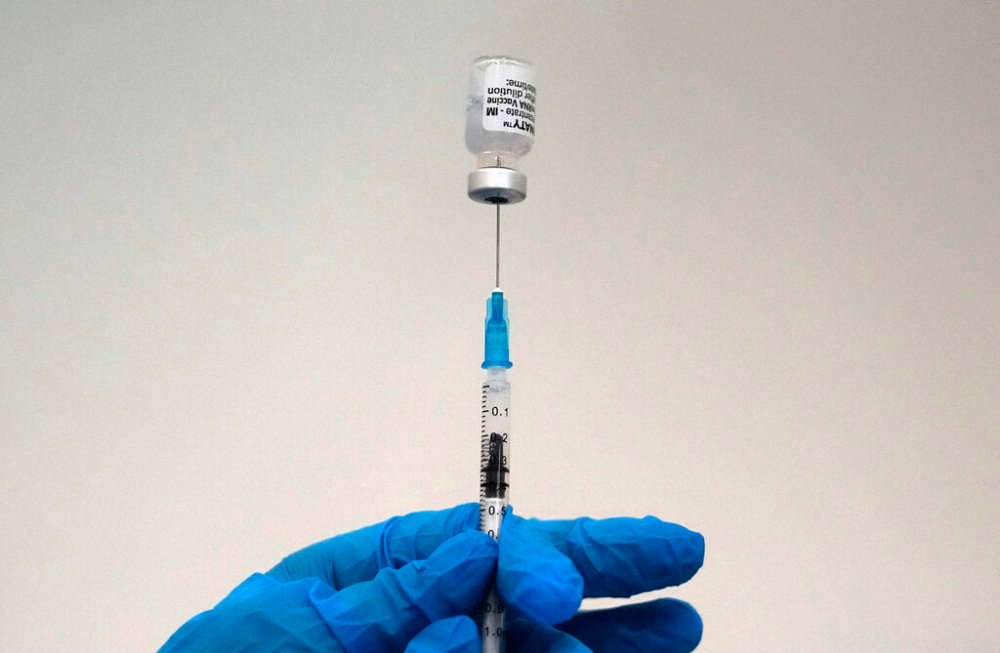
Those were brave acts. Their testimonials were a great service to society; they will undoubtedly encourage others who are unsure about the vaccine, or opposed to it, to re-evaluate their beliefs.
Others have shared similar stories across Canada, including some who were longtime anti-vaccine proponents.
The common thread in most of these stories is each had someone in their lives to help them distinguish between factual, science-based information and the misinformation peddled by anti-vax groups on social media.
It wasn’t government or authority figures who changed their minds. It was usually people close to them: friends, family members or acquaintances whose reason, common sense and non-judgmental counsel helped them accept the scientific evidence behind COVID-19 vaccines.
That’s not easy to do in a world flooded with misinformation and false claims about vaccines.
The Centre for Countering Digital Hate, a not-for-profit international organization, produced a report earlier this year that showed 425 anti-vaccine social media accounts had a total of 59.2 million followers. Of those, the top-12 most influential spreaders of misinformation accounted for about two-thirds of the anti-vaccine content online, the report found.
There’s big money in the anti-vaccine movement. Conspiracy theorists, such as Joseph Mercola, an osteopathic physician from Cape Coral, Fla (one of the “disinformation dozen” listed in the CCDH report) profit from misinformation. They typically sell books or peddle unproven “alternative” medical treatments. Some make millions.
They’re also very persuasive. Because many have letters next to their names and appear to be legitimate doctors or scientists, they attract large followings online, including in Canada.
Social media giants Facebook, Instagram, YouTube and Twitter are part of the problem. They provide anti-vax groups with platforms. Most have taken some steps to remove false information about vaccines from their sites and have suspended the accounts of some misinformation spreaders. YouTube recently banned Mercola.
However, much of it remains online. Social media companies profit from the clicks anti-vaxxers generate and they’re loath to eliminate them altogether.
That leaves a lot of people open to manipulation, especially those who have trouble distinguishing between credible information and junk science.
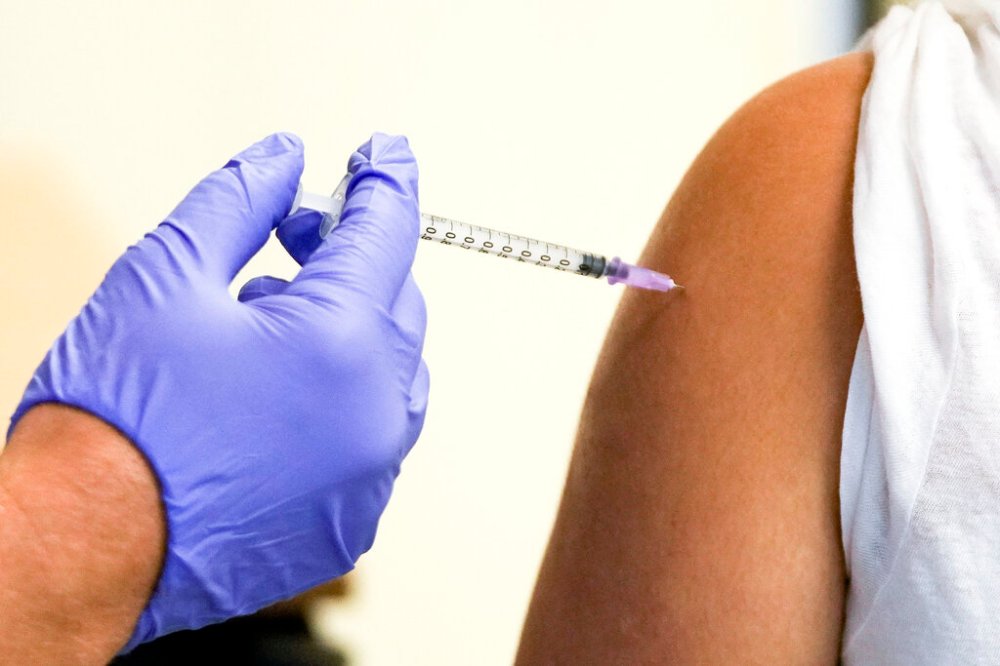
Persuading hesitant, and firmly opposed Manitobans to roll up their sleeves for COVID shots
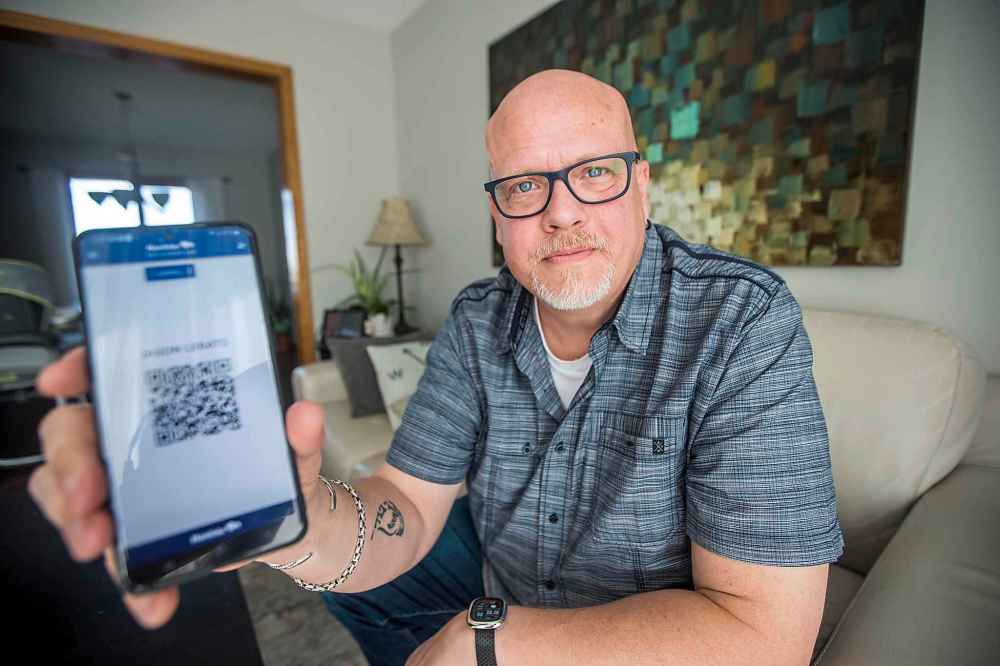
Posted:
Right up until the day he set up his first-dose appointment, Jason Lerato thought he’d never get vaccinated against COVID-19.
Governments and their public-health officials have probably gone as far as they can to convince people that COVID-19 vaccines are safe and effective. There’s a segment of society whose distrust of government is so high, they will never take the state’s messaging on vaccines at face value.
Even the medical community appears to be running out of solutions to convince the vaccine-hesitant. Most people trust their physicians to diagnose other ailments and accept whatever medical interventions they prescribe, including high-risk treatments such as surgery. But when their doc recommends getting the COVID-19 vaccine (which is safer than most medical interventions), some people inexplicably stop trusting the advice.
So now it’s up to friends, family members, acquaintances and work colleagues to do the last of the heavy lifting, the way some have in recent testimonials.
Not every hardcore anti-vaxxer is going to change their mind. But for the fearful, the fence-sitters and those who simply need to hear reason and common sense from a trusted source, that friend or family member may be their last hope.
tom.brodbeck@freepress.mb.ca

Tom has been covering Manitoba politics since the early 1990s and joined the Winnipeg Free Press news team in 2019.
Our newsroom depends on a growing audience of readers to power our journalism. If you are not a paid reader, please consider becoming a subscriber.
Our newsroom depends on its audience of readers to power our journalism. Thank you for your support.






